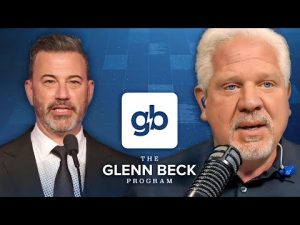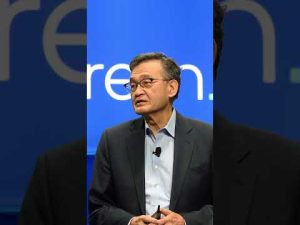In the realm of modern media, the fireworks are nearly visible. While some folks on the left are busy yelling “censorship” and “fascism,” others are focused on a new controversy involving the Federal Communications Commission (FCC) and its chair, Brendan Carr. The dispute flared up after a major network was reportedly coerced into removing a Trump critic, which, predictably, set off alarm bells for those sensitive to anything that smacks of censorship.
The FCC finds itself at the center of this media frenzy, with Carr apparently supporting the idea that local TV stations should serve their communities’ interests. Apparently, all this talk of censorship misses a crucial point: it’s all about local control. It’s like telling kids they can have cake—but only if it’s made with vegetables. Local stations have always been under an obligation to consider local viewers’ needs, and Carr is simply reminding everyone of this forgotten chore.
The irony is sharp. The very mechanism that aims to foster more tailored content is being labeled a step toward state-controlled media. Legally speaking, these local stations must ensure their programming serves the public interest, guided by a doctrine as old as 1944. In practical terms, it’s about less east coast elitism and more main street America. Carr’s clarifications might not win him a standing ovation from the Hollywood set, but for a lot of local Americans, it’s akin to reclaiming their own local airwaves.
Traditional media powerhouses aren’t having their best days lately, anyways. Trust levels in mainstream media are falling faster than a lead balloon. And late-night shows, once a bastion of cultural commentary, are hemorrhaging viewers. Maybe it’s time people in local TV stations weigh in more than those entrenched at the national level. After all, they stand a better chance of understanding what their neighbors want to watch.
Carr’s plan might just be the shake-up we didn’t know we needed—a chance to let Main Street elbow its way back to the table. A return to the type of local engagement once seen when viewers influenced who’d replace Johnny Carson. The broadcasters have a choice: adapt to this rejuvenated public interest model or give up their FCC licenses. Either way, it’s a win-win, and the overripe power of monolithic media might just have to take a backseat. It’s all coming down faster than Carr’s receding hairline.







